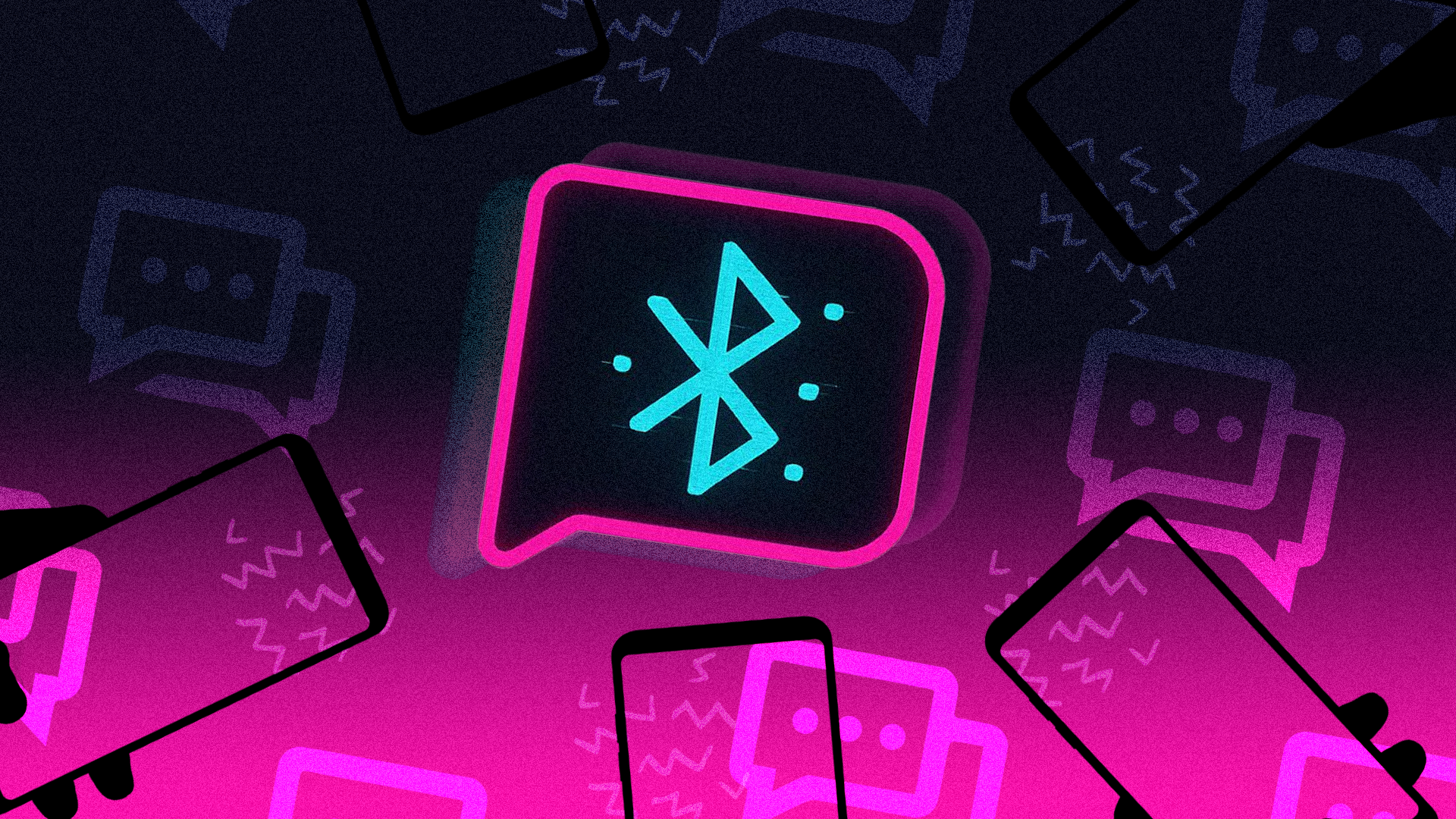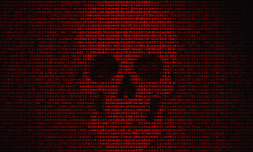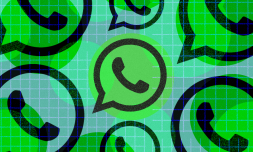Bitchat is a decentralised and encrypted chat service able to send and receive messages through Bluetooth signal – and without WiFi or phone service. Will it become an instant hit?
Twitter co-founder Jack Dorsey has just launched a new peer-to-peer massaging app that works without WiFi or phone service.
Bitchat instead utilises a phone’s Bluetooth signal to allow for messages to be sent and received between contacts in the same general vicinity.
Your typical Bluetooth range is around 100 metres, but Bitchat makes use of something called a ‘Bluetooth mesh network’. This essentially turns the Bluetooth devices of others nearby into relays to extend the range up to 300 metres.
It’s a novel idea intended to make messaging easier at events typically thwarted by patchy reception like a festival or protest, and better yet, the service is reportedly completely decentralised and encrypted – at least, according to a white paper. No email address, phone number, or account are needed to tap in.
my weekend project to learn about bluetooth mesh networks, relays and store and forward models, message encryption models, and a few other things.
bitchat: bluetooth mesh chat…IRC vibes.
TestFlight: https://t.co/P5zRRX0TB3
GitHub: https://t.co/Yphb3Izm0P pic.twitter.com/yxZxiMfMH2— jack (@jack) July 6, 2025
Given privacy is a dying concept in the halls of silicon valley, the notion of no centralised servers, tracking, or data collection from a messaging app sounds barmy. The aesthetic also plays into young people’s yearning for nostalgia, with basic lines of green text against a dark background with no added thrills.
Messages are said to disappear as a default setting after short period of time, whether that be in an individual chat or a group chat, which are called ‘rooms’ on the app.





















